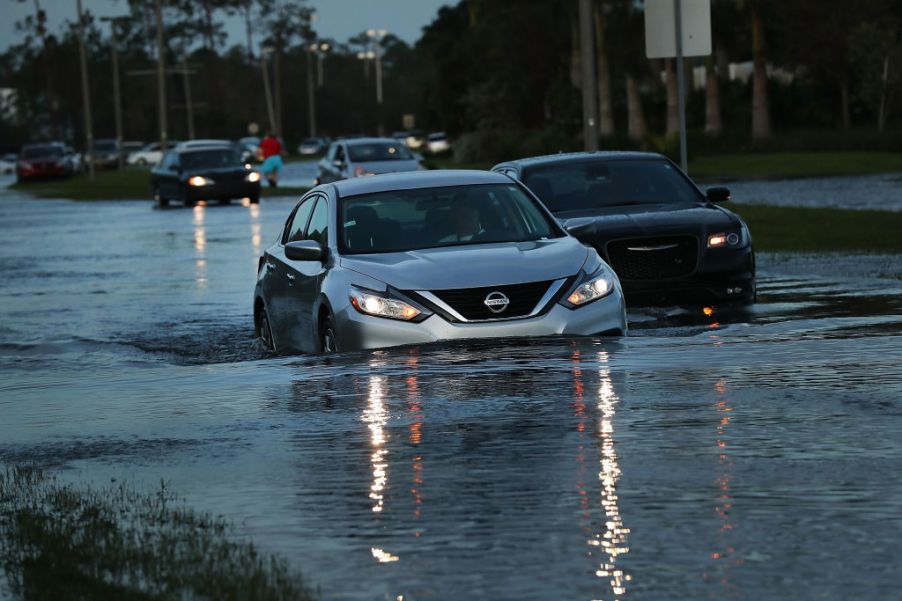
Here are the Devastating Effects Saltwater Can Have on Your Car
A day at the beach is a perfect way to unwind. But don’t let your life become more stressful by exposing your car to harmful saltwater. When your vehicle starts to corrode, costing you hundreds or even thousands in repairs, you’ll be anything but relaxed.
However, there are ways that you can protect your car from the harmful effect of saltwater. We know you’re busy, so we’ve put together a quick guide to protecting your car from saltwater damage.
Why is saltwater so bad for your car?
Parking near the beach can have a devastating effect on your car. Seaspray and tiny salt particles in the air can be corrosive to your car’s finish and even the internal parts.
According to a publication by the Transportation Research Board, as reported by Top Gear, sea spray is one of the leading causes of vehicle corrosion in the United States. In fact, a common question from consumers buying a used car is whether the vehicle was parked by a beach for any length of time.
The salt in saltwater or seaspray can dull the cars finish, and any exposed metal parts, both interior and exterior, can start to rust over time. Frank Young of K&Y Auto Service has seen the damage salt can cause first hand, as he told KHON2 News. “See all the steel lines that run under the car? These are subject to corrosion,” Young explained. “If it gets bad enough, it’s going to get expensive. How expensive it is depends on where the salt got through the barriers that protect the metals.”
Corrosion from salt can lead to leaking brake lines or fuel lines, among other problems.
How to minimize saltwater damage
Extensive damage from saltwater does take time, but even one trip to the beach can begin the process. To keep your car safe, avoid parking close to the water. If a closed garage or underground parking space is available, those areas will protect your car better than being out in the open. If you live near the beach, don’t park out in the open or on the road. Use your garage to protect your vehicle for years to come.
Some adventure-loving beachgoers will actually drive their vehicle through shallow waters, especially owners of pickup trucks or Jeeps. However, that’s one of the worst things you can do for your car. Even though it’s fun, it’s best to avoid doing this or at least use an old vehicle that you don’t mind if it rusts.
How to treat a car exposed to saltwater
It’s best to avoid exposing your car to salt altogether, but if that’s not possible, you can minimize the damage by removing most of the saltwater. When you return home from your beach trip, spray off your car with clean water from a hose. This will remove a large portion of the salt so it’s not sitting on your vehicle’s paint job, causing damage.
For best results, spray the undercarriage as well. Pay special attention to the wheels, using a rag to get into the crevices. Wheels are one of the most susceptible areas to saltwater, so make sure you clean them thoroughly.
Remember that you don’t always have to park at the beach to be exposed to saltwater. Large waves or high tides can sometimes deposit salt onto the roadways. Be aware anytime you’re close to the ocean that your car may have been exposed to salt.
By taking a few extra minutes to care for your car around saltwater, you can save thousands of dollars in repairs. Plus, avoid the headache of an ugly, rusting vehicle.


